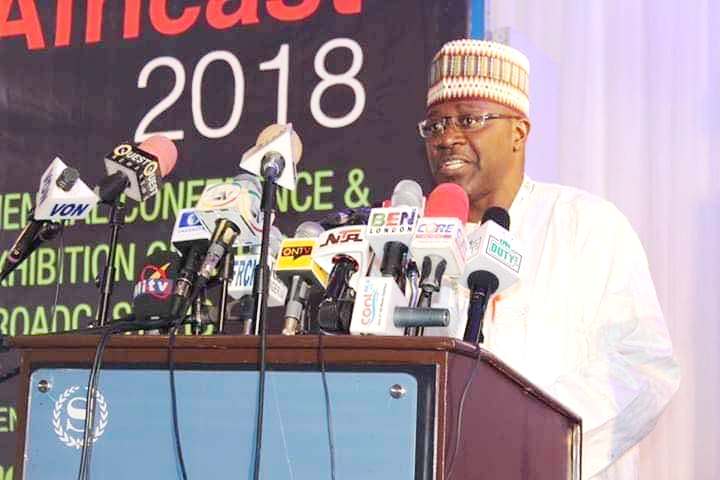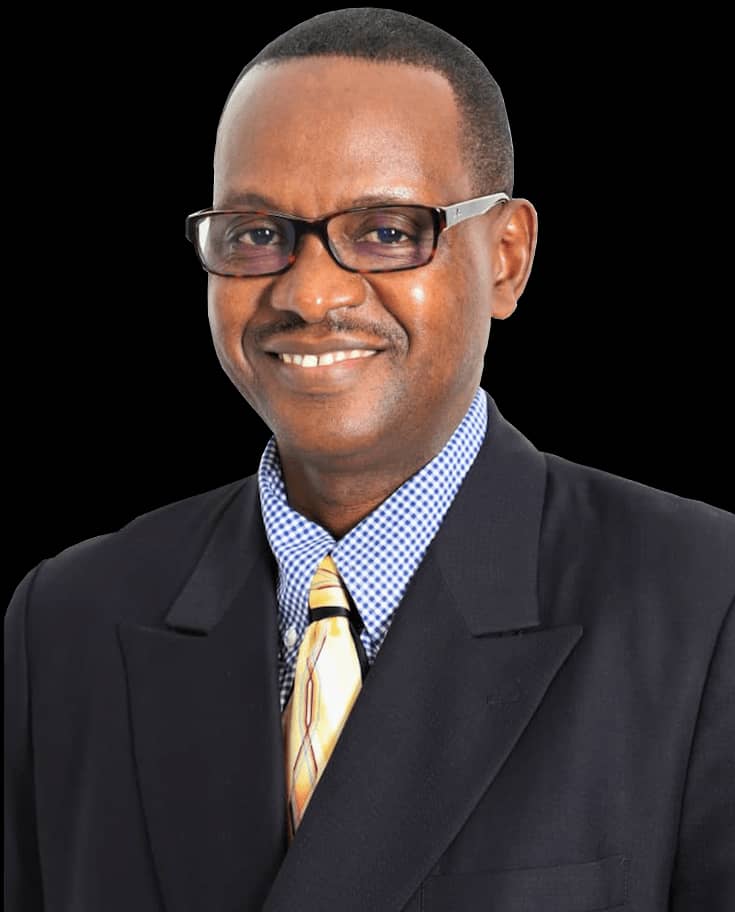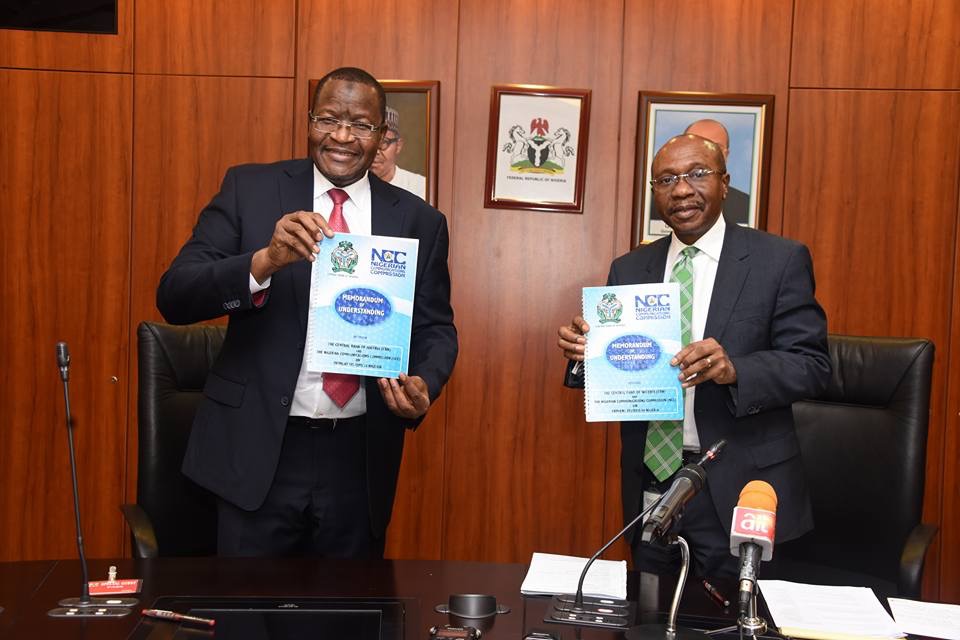The Director General of National Broadcasting Commission (NBC), Mr. Is’haq Modibbo Kawu, has argued that “Scholars of the media around the world all agree that the advent and consolidation of social media has posed a great challenge to conventional media in general, and conventional broadcasting, in particular.”
Speaking in Ibadan at the 6th Edition of the NBC/Yemi Sonde biennial Broadcast Media Stakeholders’ Forum, at the Alumni Hall, University of Ibadan, he noted that “The circulation of newspapers around the world has suffered a great deal, especially in the advanced capitalist countries. This same trend has become the norm in the setting of Nigeria.
“The presence of social media opened new accesses for media consumption for millions of people. This has also affected conventional broadcasting too. The opportunities to live stream has become a major added value for conventional broadcasting and the effort has largely been driven by the fact that there is a huge population of the young, that consumes media in a different way, majorly, on hand-held devices.
However, Kawu regretted that “The most important issue has been the fundamental rupture in the manner that content can be generated and disseminated,” saying “While the conventional broadcaster must work within certain codes of professional performance, the citizen- journalist does not have such inhibiting professional factors. And it is that liberty, which has been responsible for many of the problems which social media is generating in contemporary society.”

In his critical case study, the NBC boss recalled that “In 2014, Nigeria was suddenly hit by the problem of Ebola Fever, as a result of the tragic arrival of a Liberian infected with the killer disease.
“It led to the heroic effort of the late Dr Adadevoh, to ensure that the man who entered Nigeria with the infection did not cause the type of mass infections that could lead to the death o thousands of Nigerians. But the most important sidebar, was the hysterical scrum around the consumption of salt water, as the “possible cure” for Ebola. Nigerians went into panic mode! And the story crossed over from social media platforms into conventional media, including broadcasting.
“It turned out, that the origin of the story of that salt water “cure”, was a mischievous effort by two young people to exploit the incredulity of Nigerians. They imagined that Nigerians could or would fall for the story and of course, they did! Quite a number of people lost their lives. I wrote a piece titled: EBOLA VIRUS AND THE SALT WATER OF IGNORANCE, for my weekly column in VANGUARD and BLUEPRINT newspapers on the 14th of August, 2014, to explore that issue.
In another case example of how the social media usually blow issues out of proportion, the NBC chief noted that “More contemporary, is the issue of the clashes between Nomadic herdsmen and sedentary farming communities, and the manner that stories have emerged unmediated, often from social media platforms, and are carried by conventional broadcasting platforms.
“I have a personal interest in that issue. I am writing a PhD thesis at the moment, for the Nigeria Defence Academy’s Political Science Department. The unmediated use of stories from social media platforms was one of the issues that led the National Broadcasting Commission to withdraw the network licenses of the DAAR Communications Limited group recently.
He made it clear that “This issue is not only a Nigerian problem,” noting that “All over the world, there is a major challenge to the manner of conducting life that the proliferation of social media platforms, is intruding into”.
“The recent resignation of the British Ambassador to Washington was related to the leakage of what is normally, secured, secret diplomatic correspondence, from an accredited ambassador to his country. The unflattering descriptions of President Donald Trump, in the leaked correspondence, led to a major diplomatic scandal. The Trump White House decided not to have any more relationships with the Ambassador of America’s closest ally, Great Britain. The Ambassador’s position became untenable and he eventually resigned. But in his inimitable style, President Donald Trump took to his Twitter handle, to respond to the issue. He conducted the diplomacy on social media, as he did in the conflict with North Korea.

“Fake News, Hate and Dangerous Speech, half truths, fantastic claims, hoaxes, the manipulation of photography, the mischievous editing of images and emergence of software that can place image over others to present false narratives, are some of the realities of the world of social media.
On how to tackle the challenges of social media in the broadcasting industry, the NBC boss averred that “The conventional broadcaster in the Nigerian setting must start from the pedestal of the Nigeria Broadcasting Code. The GENERAL PRINCIPLES set the tone.
“Talking about the CHARACTER OF BROADCASTING, THE CODE, describes broadcasting as “a creative medium, characterized by professionalism, choice and innovation, to serve the interest of the public”.
“THE CODE appreciates the importance of broadcast technology and platforms, pointing out that these avail the practitioners “the best means of information dissemination and reception”; and therefore “enables the individual to share in and contribute the best of his/her ability, to the world around him/her”.
Kawu made it clear that “The central kernel in the setting of Nigeria is also well set forth by the Nigeria Broadcasting Code: “Broadcasting shall influence society positively, setting the agenda for the social, cultural, economic, political and technological development of (our) nation, for the public good”.
He added that “Our CODE appreciates the fact that the Nigerian, through the means of broadcasting, “is expected to partake in the sharing of ideas and experiences that will enrich the life of the citizenry and help them live in a complex, dynamic and humane society…”









